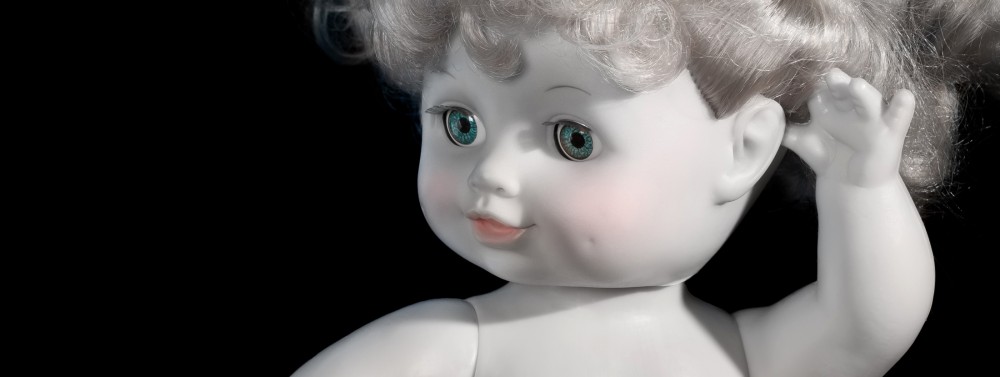Opponents mill around the square, mixing a bit, tugging at their de-rigeuer gas masks and balaclavas. Conversations go to baseball, the noisy helicopter, sign construction, an armored policeman in bike shorts, dinner plans, Trump. Then some loudmouth throws a verbal punch, and all the other mouths open at once, like eaglets screeching over half a regurgitated mouse. Five minutes of synchronized flag waving passes; then it’s back to cigarettes and small talk and chatting up the mounted cops, who happily break their stony countenance to tell you about their Facebook page. At six o’clock, time is up and they all agree to march to the next event. Both sides wait politely for the light to turn green before slowly moving down the street, looking like lemmings putting off the argument of which cliff to jump from. With editing it will be news.
If you watch documentaries of Fulani men dancing, it’s seems like intense lipstick dervishes that last all day without pause. Anthropologists are insecure about portraying these things–about ideas of culture moving smoothly and seamlessly through their perfect days; but what actually happens is this. Dark-skinned people from several villages sit in the hot African sun to tell stories, share food, and pass gossip. Every hour or so, several young men, with carefully painted faces and ceremonial dress, get up and do a Little Richard routine for the few young women who are paying attention. It’s a contest. The best dancers get laid by the prettiest women–though that’s often been figured out before the dancing began. In any event, most of the villagers wander home when the afternoon and the gossip get old. There are cattle to tend.
Gavin W Sisk


